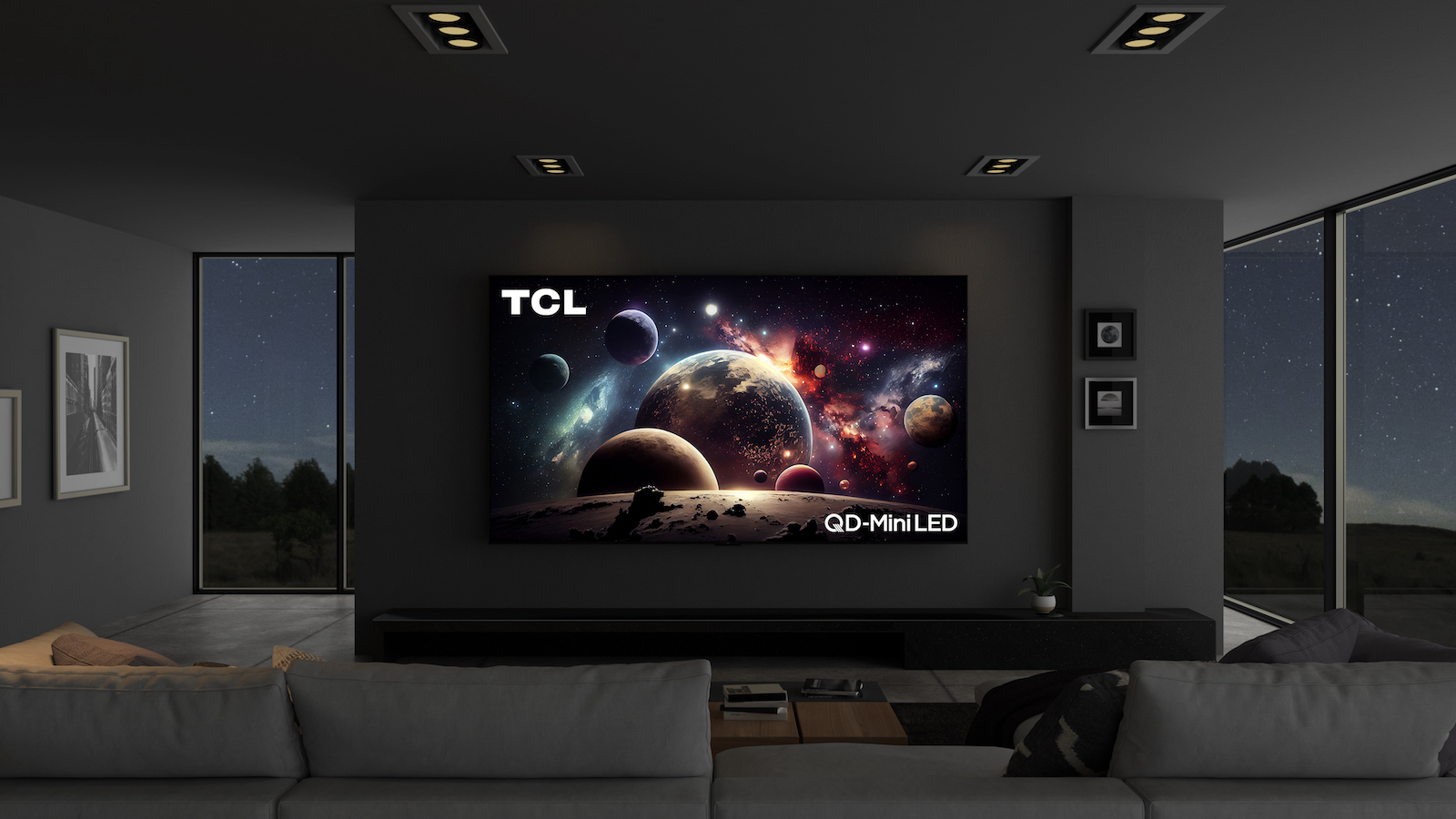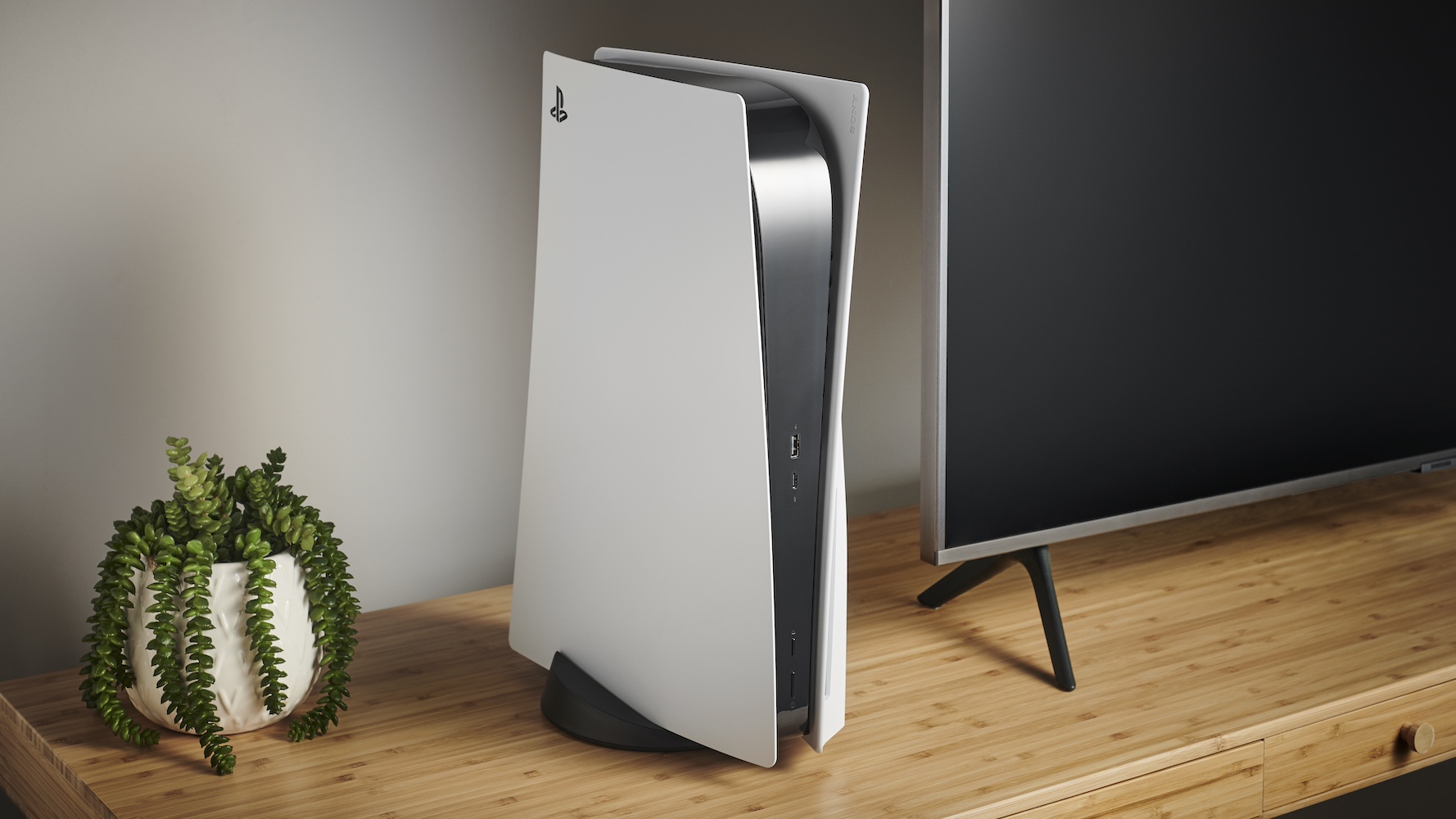TCL and Hisense may have fixed my biggest gripe with 100-inch TVs
More dimming zones and higher brightness are the key

CES 2024 has been a haven for new TV releases, with everything from the traditional to the sublime on show. We've seen new iterations of the dependable OLED flagships from LG, Panasonic and Samsung, as well as quirky rollable Laser TVs from Hisense and even a see-through OLED courtesy of LG. However, CES this year has proven one thing in particular: 100-inch TVs can work, but it's not as simple as sizing up any old TV.
100-inch and upward TVs have been a contentious issue in the office, with members of the What Hi-Fi? team split on whether they're a good idea or an affront to the current TV market. Our editor-in-chief, Alastair Stevenson, has expressed his disdain for 100-inch TVs, whereas TV/AV editor Tom Parsons has given TCL's 115-inch QD Mini LED model a glowing first impression directly from the Vegas show floor.
Personal opinions aside, I've made a few observations on the whole 100-inch TV trend. Foremost, it looks like 100-inch TVs are here to stay with major manufacturers doubling down with all-new XXL models being unveiled across various ranges.
TCL and Hisense are the two main culprits, with the 115-inch QM891G and 110UX respectively bagging most of the big screen attention. However, LG and Samsung have also offered their own 98-inch TVs (I'm rounding up); LG's 4K Mini LED powered QNED85T is getting a new 98-inch size option, while Samsung's going big with 8K on the 98-inch QN900D.
There's something notable that differentiates TCL and Hisense from LG and Samsung. The former have created bespoke massive TVs while others have simply scaled up existing sets. That's not to say that they won't be good TVs, but out of the two approaches, I certainly prefer the bespoke option. A recent trip to Poland with TCL affirmed this for me, in which I saw the same model in every size from 43- to 98-inches.
While the big screen effect was there, it felt more like the cheaper small set was just scaled up with little regard as to what a TV of that stature requires to deliver solid picture quality. It's all well and good using the same panel technology for 43-, 50- and 55-inch TVs, but going up to nearly 100-inches can be a stretch. Truthfully, it didn't feel as cinematic as I had hoped during the demo.
Notable issues included a visibly patchy backlight, which was exaggerated by the sheer size of the unit, making it hard to ignore. I also had concerns about backlight blooming, which was also a noticeable drawback on a screen of this size.
Get the What Hi-Fi? Newsletter
The latest hi-fi, home cinema and tech news, reviews, buying advice and deals, direct to your inbox.
This is where the bespoke aspect comes in with the latest Hisense and TCL models. While I do not doubt that they'll likely be expensive, these TVs are made to excel at the 110-plus-inch form factor. Both companies have outfitted their respective TV with the necessary components and features to excel at this size.
For example, TCL has included a whopping 20,000 dimming zones on the QM891G, whereas Hisense has doubled that to 40,000 zones on the 110UX. TVs of this stature can seriously benefit from an abundance of dimming zones which can help to deliver a consistent and well-controlled picture across their expansive panels.
The same can be said with brightness, as the TCL can deliver 5000 nits, whereas the Hisense once again offers double at an astounding 10,000 nits of brightness. This dazzlingly high brightness is in keeping with the extreme nature of these super-sized TVs. Inconsistent backlighting and a dim, unengaging picture are especially noticeable on screens this size.
CES 2024 could indeed be a pivotal moment for 100-inch TVs, and these new sets have certainly changed my perception. The moral of the 100-inch TV story is that if you're going to commit to the large screen form factor, you might as well do it right.
MORE:
Check out the latest CES 2024 news
Hisense's latest reveals include a Rollable Laser TV and a 10,000-nit ULED X model
Lewis Empson is a Senior Staff Writer on What Hi-Fi?. He was previously Gaming and Digital editor for Cardiff University's 'Quench Magazine', Lewis graduated in 2021 and has since worked on a selection of lifestyle magazines and regional newspapers. Outside of work, he enjoys gaming, gigs and regular cinema trips.
